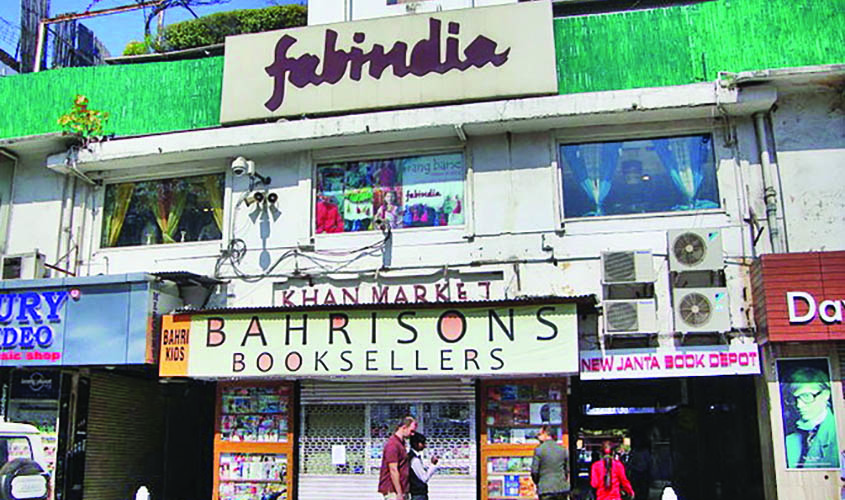Civil servants and members of the armed forces seen in the gang abode do not have bulging bank accounts.
Prime Minister Narendra Modi is a lover of words and phrases. Some days ago he invented a new species, “The Khan Market Gang”. Inadvertently, the Prime Minister bestowed a great favour on the market named after Khan Abdul Ghaffar Khan. He made it even better known than it was.
My wife and I have been regulars at Khan Market since 1967, when we lived in C1/11 Lodi Gardens. The front row flats have a superb view of the Lodi Gardens. In the 1970s, several of these flats were allotted to middle level members of Indira Gandhi’s office. Now these are occupied by Secretaries to government and Members of Parliament. In the winter months, we sometimes walked to Khan Market for shopping. It was still in the making. It was known to a few in the vicinity. Not a single worthwhile restaurant existed. Now several excellent ones have come up. These and the shops are open to even those not belonging to “The Khan Market Gang”. Hundreds of families of civil servants, members of the armed forces visit Khan Market almost every day. What precisely does the phrase, “The Khan Market Gang” mean? In which location do the members of the gang meet? I have yet to find the location. Does no member of the Prime Ministerial establishment use the gangster establishment? Doubtful.
Khan Market has one of the best bookshops in India, Bahri Sons. The other is Faqir Chand and Sons. Both families migrated to India in 1947. Both bookshops do roaring sales.
Khan Market’s clientele includes the diplomatic corps. Its members are to be frequently seen window shopping and buying a variety of items with frequency. Many make a beeline for Bahri’s, the Italian restaurants and the well stocked fruit and vegetable shops. Here, it is difficult to find standing space. We know the owner of one these shops for many years. He takes our order on telephone and delivers fruits of all kinds, including off season ones to our residence in Jor Bagh. His son is studying at St. Stephen’s college.
One drawback. Parking one’s car is a nightmare. But Indians are an ingenious lot. They manage.
Let me categorically state that Khan Market caters not only to the super-rich or the upper middle class. A majority comes from middle class homes. Civil servants and members of the armed forces do not have bulging bank accounts. Nor do professors or college students who can be seen in the gang abode. Long live the Khan Market.
***
I am reading a biography of Ibn Khaldun by Robert Irwin. Who was Ibn Khaldun? Arnold Toynbee (1889-1975), the English historian, famous for his 12-volume Study of History, in which he surveyed the history of different civilizations, tracing in them the growth, maturity and decay of civilizations, wrote this about
Wali-al-Din ’Adb al-Rehaman Ibn Khaldun was an administrator, diplomat, courtier and teacher. He came from a family of scholars and administrators. His father was a scholar and an expert on jurisprudence.
In his book, Kitab al-Ibar, Ibn Khaldun stretches our imagination, as Hindu scriptures do. He writes that an ancestor of his race lived for 1,200 years and fathered 4,000 males and 1,000 females. This was of course misplaced poetic licence.
Robert Irwin claims “I am in no position to dispute that the leading Arab historians of the fourteenth and fifteenth centuries…All produced works of history that were saturated with melancholy and permission…The Arab historians had no belief in the progress of humanity.”
Ibn Khaldun died on 17 March 1406 in Cairo. According to The Cambridge History of Islam, muqaddin means, “introduction to a universal history”.

